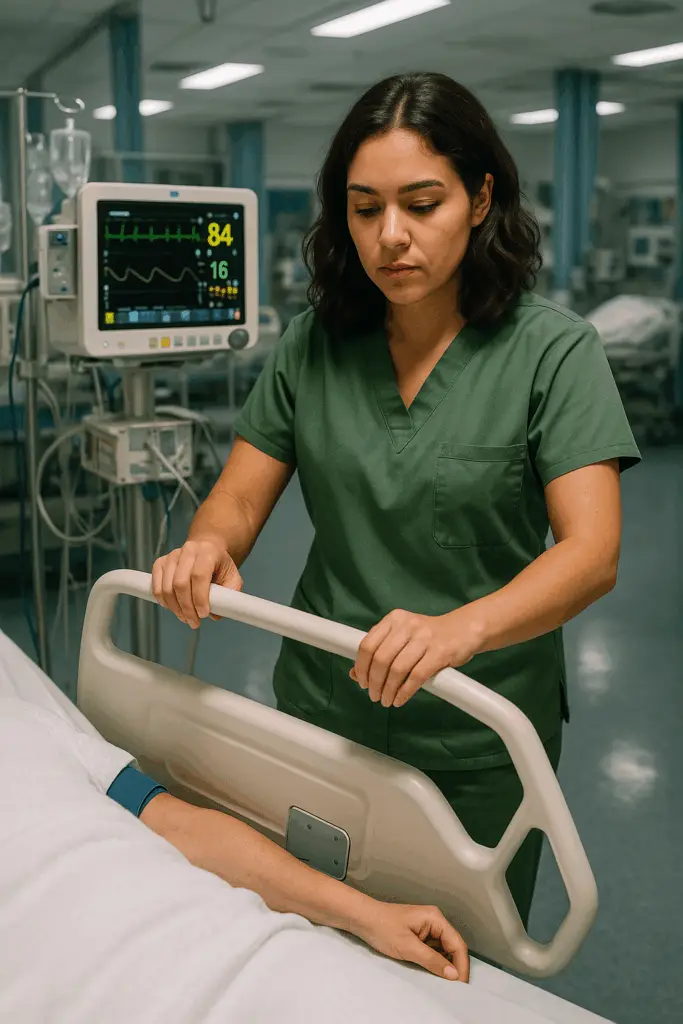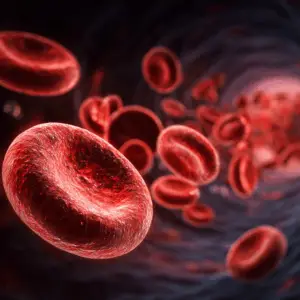Picture this: You’re standing at the bedside of a patient who is deteriorating quickly. You know the normal oxygen saturation ranges. You’ve memorized every hands-on assessment skill. You can recite the doses of inhaled medications in your sleep.
But in this moment, none of that matters if you can’t piece together what is happening with your patient, connect it to what could be happening, and figure out what needs to happen right now.
That’s the difference between memorization and critical thinking. And in respiratory therapy, that difference can literally be life or death.
The Rote Memorization Trap
Look, I get it. Respiratory therapy school demands extensive memorization. You’ve got exams to pass, terminology to learn, normal values to know. And yes, you absolutely need that foundation. But here’s what 26 years of bedside experience and classroom teaching has taught me: memorization is where you start, not where you stop.
I’ve worked alongside new grads who could tell me every detail they memorized about pleural effusions but froze when faced with a patient actively deteriorating. I’ve also mentored students who didn’t have perfect recall but could analyze a complete patient picture including vitals, general assessment, arterial blood gas values, and patient history to make sound clinical decisions. Guess which ones became exceptional respiratory therapists?
Why Facts are The Beginning
Real-life respiratory therapy isn’t a multiple-choice exam. Real patients don’t present with neat, textbook symptoms. They’re complex. They have comorbidities. What worked for your last CHF patient might not work for this one because this patient also has COPD, kidney disease, and an allergy to one of your first-line medications.
Your job isn’t to recall information. Your job is to:
- Assess what’s happening right now
- Analyze why it’s happening
- Synthesize information from multiple sources
- Decide on the best course of action
- Evaluate if it’s working
That’s critical thinking. And it’s the skill that separates competent RTs from extraordinary ones.
Developing Critical Thinking Skills
1. Ask “Why?” Until It Hurts
Don’t just memorize that a pH of 7.28 is acidotic. Ask why. What’s causing it? Is it respiratory? Metabolic? Both? What does that tell you about what’s happening in the body? What would you expect to see next?
2. Work Through Real Scenarios
Put yourself in situations where you have to make decisions. Case studies, simulations, problem-based learning: these force your brain to connect dots instead of just filing information away. This is exactly why I structure my content around real-world scenarios, not just definitions and facts.
3. Make Mistakes in a Safe Space
You learn critical thinking by thinking critically and sometimes getting it wrong. That’s why studying with someone who can walk you through your reasoning matters. When you work through why your thought process led you astray, that’s when real learning happens.
4. Connect Everything
Stop studying topics in isolation. How does cardiac function affect pulmonary function? How do your ventilator settings impact acid-base balance? How does patient positioning change V/Q matching? Everything connects. Start building those bridges in your brain.
5. Practice Pattern Recognition
The more scenarios you work through, the faster you’ll start recognizing patterns. Not so you can memorize them, but so your brain has reference points. “I’ve seen this before, and here’s what happened” becomes a powerful tool.
If you want to pass the NBRC exams, yes, you need to know how to think critically. If you want to be the kind of respiratory therapist who can handle anything your shift throws at you, who becomes the person others turn to when things get complicated, who actually makes a difference in patient outcomes—guess what? You need to think critically.
That’s not something that happens by accident. It’s a skill you build deliberately, with the right kind of practice and the right kind of guidance. And honestly? That’s what drives me every single day in this work. Because the healthcare system needs respiratory therapists who can do more than recite facts. It needs clinicians who can think on their feet, adapt to whatever walks through the door, and make sound decisions when it matters most.
Your patients deserve that version of you. And you’re capable of becoming that respiratory therapist. It just takes a different approach to learning than what you might be used to.
Ready to build those critical thinking skills? That’s exactly what The Pulmonary Project can help with.

